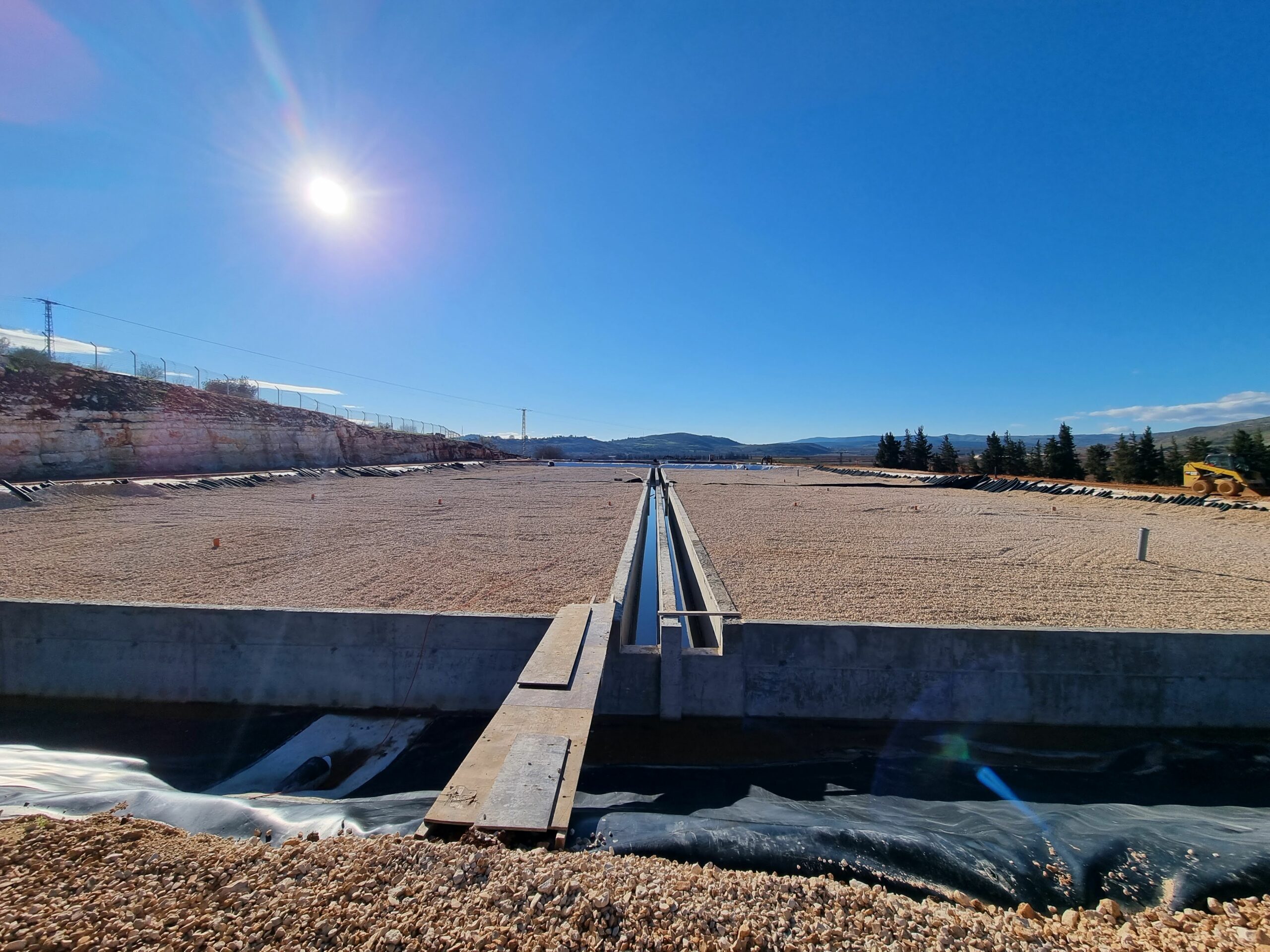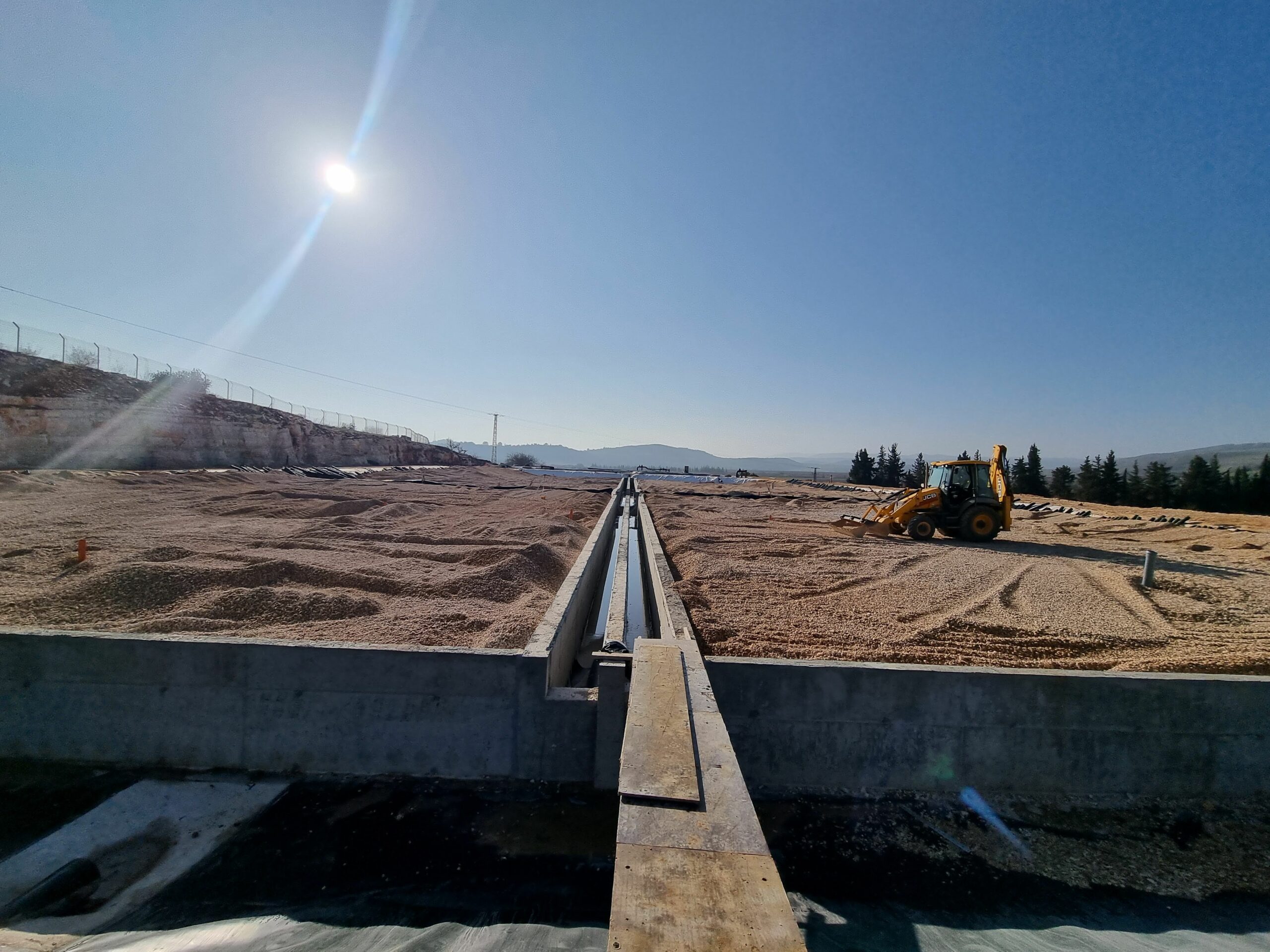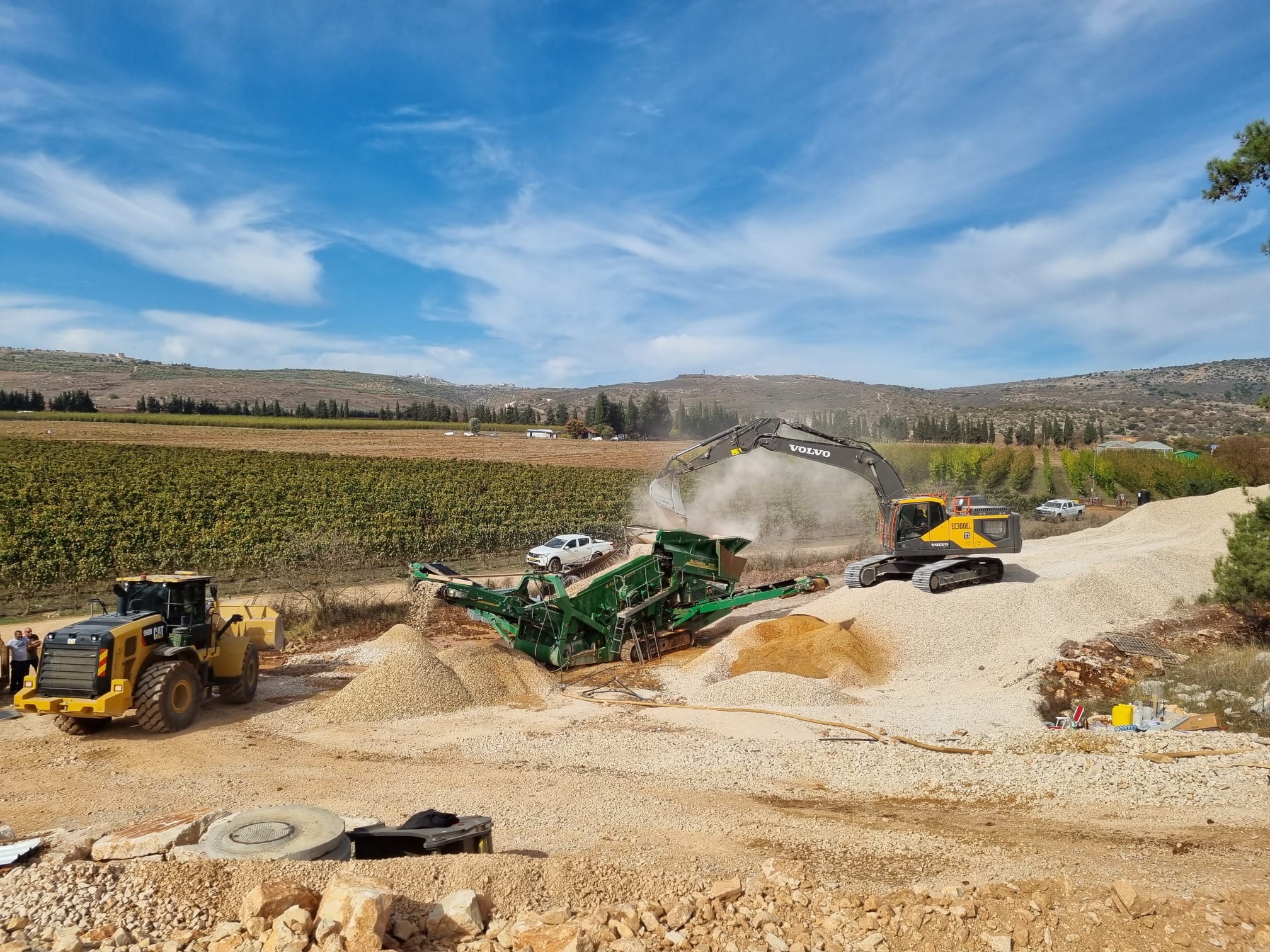Decentralized Wastewater Treatment Plant
Kolchi Galil Aleyon Ltd.
Iftach, Northern Israel
Small, Rural Communities WWTP
2023
800 m³day
Operational
The Upper Galilee Council of Iftach, which governs several small rural, farming, and agricultural communities, commissioned Triple-T to establish a decentralized municipal wastewater treatment plant (WWTP). The low CAPEX & OPEX, minimal maintenance requirements, high-quality effluent, and the existing infrastructure retrofit compatibility of the TAYA are what made it a viable and sustainable solution for this rural community.
The Upper Galilee Council was looking for solutions that would allow them to reduce costs, maximize resources, and achieve water autonomy. This led to a shift in their wastewater treatment approach and the decision to improve wastewater quality to make it suitable for local agricultural irrigation needs and eliminate the cost of transporting wastewater to and from a central treatment plant.
Our goal was to design a WWTP based on the TAYA technology that would be able to treat 800 m³/ day, meet water reuse and agricultural irrigation regulatory effluent quality requirements, and utilize existing infrastructures and local resources in order to reduce costs.
The process, which is fully automated and remotely monitored, involves anaerobic and aerobic-anoxic treatments of the wastewater collected from nearby small communities, governmental facilities, a local police station, and an army base.
To eliminate the need for the common 6mm screen filtering, we were able to utilize existing septic tanks allowing the wastewater to flow straight into the anaerobic basin for COD, BOD, and TSS reduction and flow equalization. Following the anaerobic treatment, the water flows into the single-stage TAYA biological reactor with passive aeration for aerobic-anoxic treatment of the remaining organic matter. The clean effluent can be stored or used for irrigation.
The implementation of TAYA’s proprietary technology resulted in:
- Sludge removal only once every eight (8) years
- Nearly eliminating maintenance and labor needs
- Up to 90% reduction in BOD, COD, TSS, NH₄, & TN
- Reduction in electrical consumption of up to 80% (0.63 kWh/TGAL)
- Up to 80% reduction in operational costs reduction
The WWTP was successfully implemented, helping the Upper Galilee Council maximize existing resources, achieve water autonomy, reduce costs, and effectively transform their wastewater from negative to positive. In addition, we were able to recycle local mountain rocks to make gravel, incorporating it into the TAYA design and making the project even more sustainable.
Want to learn more? Let’s connect.







